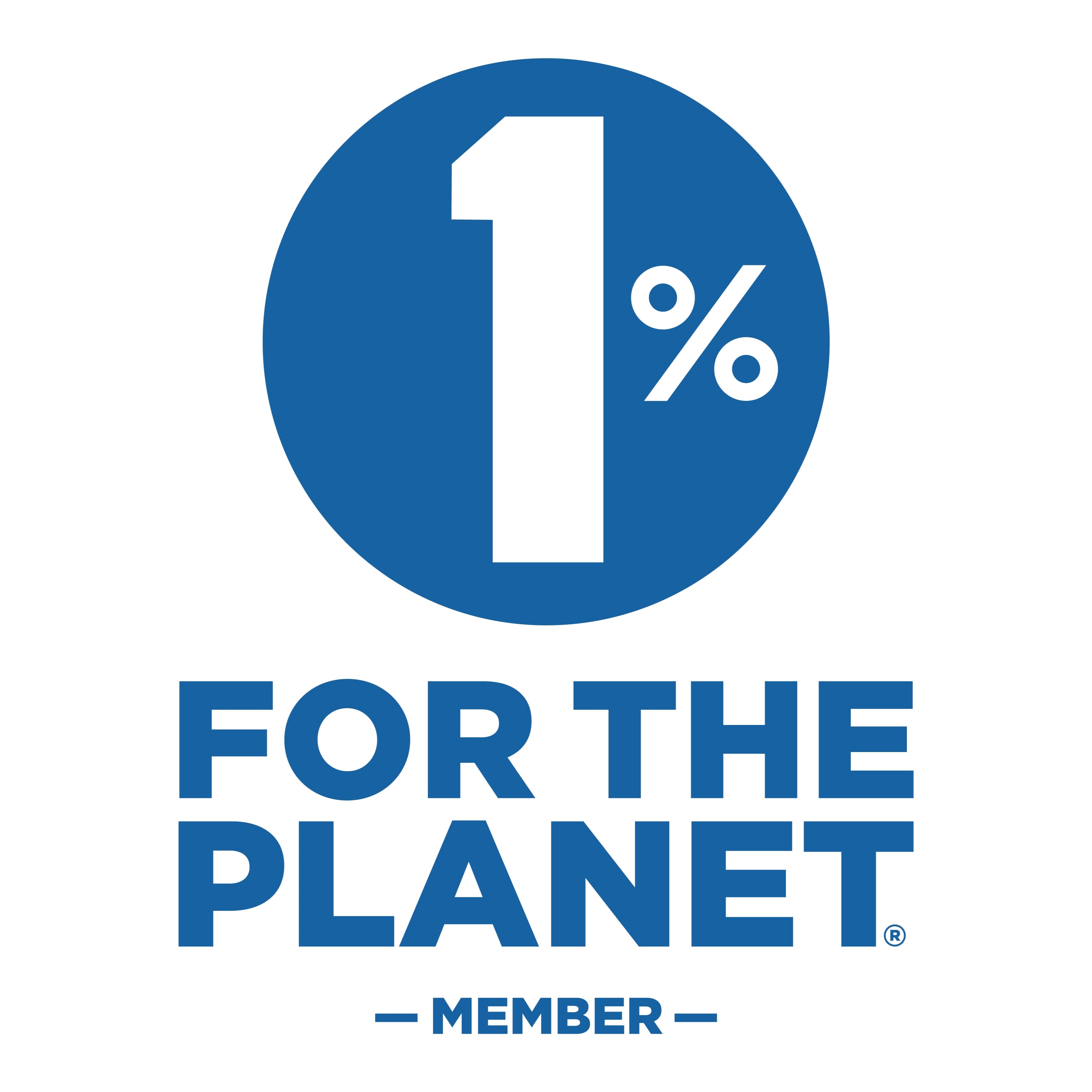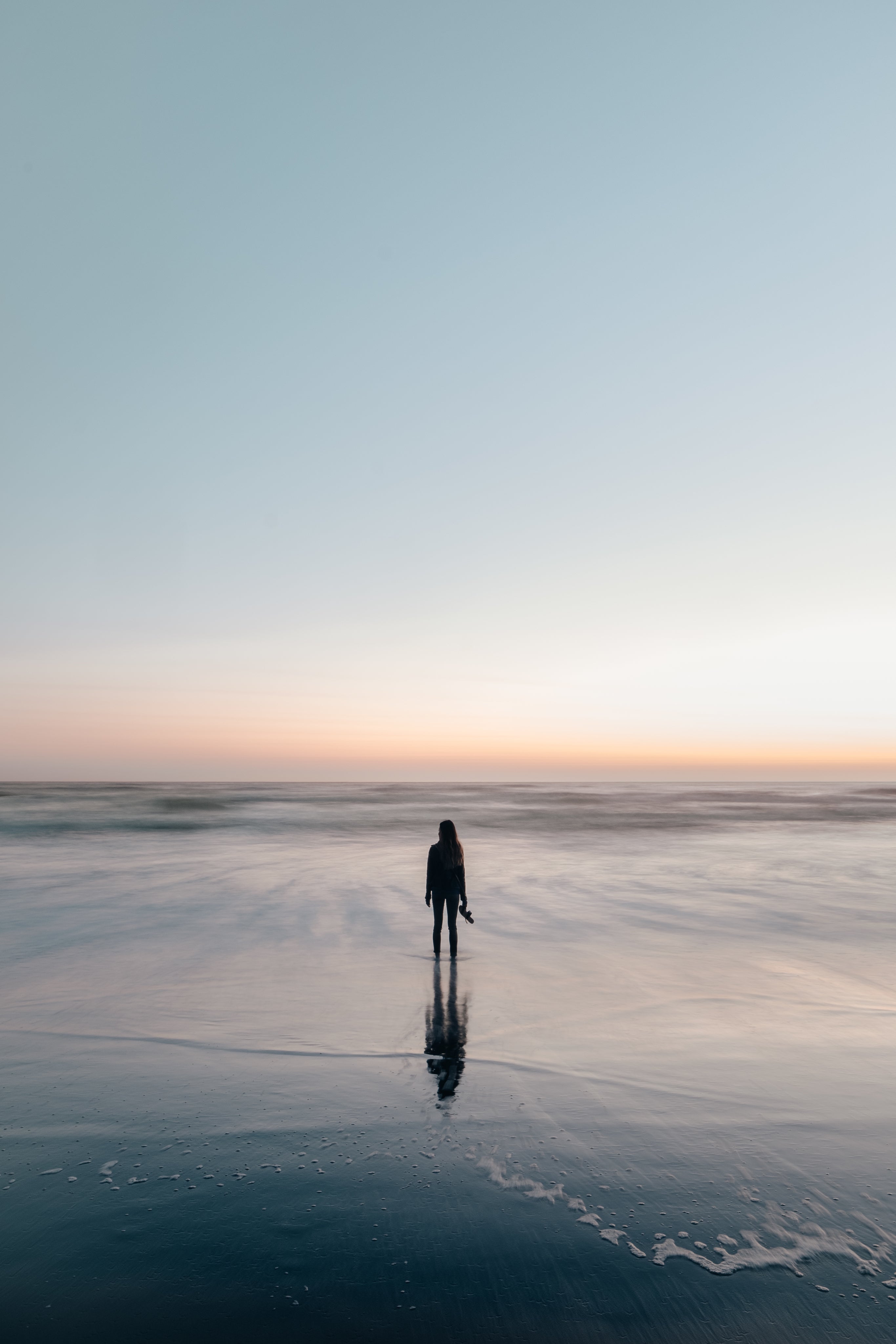SDGs: Top 10 things we should all know about the SDGs
- Why do we need them?
- What are they?
- Who runs them?
- How are COP meetings related to them?
- How are we doing?
- How is the climate Crisis?
- Why governments need to step up.
- Why Global connectivity and dependence makes us fragile
- What happens after 2030?
- What can we as individuals in a developed economy do?

1.Why do we need them?
It was obvious that the world couldn’t continue any more on its path of human-being multiplication and simultaneous planetary destruction. Literally we were / are on a path of self-destruction.
So the United Nations developed a “blueprint for peace and prosperity for people and the planet, now and into the future”. These are called the Sustainable Development Goals or abbreviated to the SDGs.
2.What are they?
At the heart of this blueprint are programmes which will help save humanity and the planet. There are 17 SDGs which are an urgent call for action by all countries - developed and developing - in a global partnership. They recognise that ending poverty and other deprivations must go hand-in-hand with strategies that improve health and education, reduce inequality, and spur economic growth – all while tackling climate change and working to preserve our oceans and forests.

The 17 SDGs are:
- No Poverty
- Zero Hunger
- Good Health and Well-Being
- Quality Education
- Gender Equality
- Clean Water & Sanitation
- Affordable and Clean Energy
- Decent Work and Economic Growth
- Industry, Innovation and Infrastructure
- Reduced Inequalities
- Sustainable Cities and Communities
- Responsible Consumption and Production
- Climate Action
- Life Below Water
- Life on Land
- Peace, Justice and Strong Institutions
- Partnerships for the Goals
3.Who runs them?
Quite simply they are run by Governments and The United Nations. The Division for Sustainable Development Goals (DSDG) in the United Nations Department of Economic and Social Affairs (UNDESA) acts as the Secretariat for the SDGs
4.How are COP meetings related to them?
The climate is a critical element of our survival. For nearly three decades the UN has been bringing together almost every country on earth for global climate summits – called COPs – which stands for ‘Conference of the Parties’. In that time climate change has gone from being a fringe issue to a global priority.
In November 2021, the UK hosted the 26th annual summit – giving it the name COP26. With the UK as President, COP26 took place in Glasgow.
In the run up to COP26 the UK worked with every nation to reach agreement on how to tackle climate change. World leaders arrived in Scotland, alongside tens of thousands of negotiators, government representatives, businesses and citizens for thirteen days of talks.
COP27: 6-18th November 2022 Egypt's Sharm el-Sheikh hosted Climate Change Conference (COP 27),and again countries came together to take action towards achieving the world's collective climate goals.
COP28: will take place 30 November to 12 December 2023 at Dubai City in the UAE.
More information: www.unfccc.int
5.How are we doing in terms of SDG progress?
This was answered by António Guterres the Secretary-General of the United Nations
"We must rise higher to rescue the Sustainable Development Goals – and stay true to our promise of a world of peace, dignity and prosperity on a healthy planet."
It’s not looking great, the SDG agenda is in grave danger along with humanity’s survival. Several crises have come together, COVID-19, climate change and conflicts like Russia and Ukraine in Europe, which are impacting food and nutrition health, education, the environment, peace and security. Progress on tackling poverty, hunger, education and providing basic services is not made in line with meeting the goals by 2030.
Here is the latest progress report issued on 7th July 2022 https://unstats.un.org/sdgs/report/2022/
6. How is the climate crisis?
Not great either, largely as a result of slow / no progress, in reducing fossil fuel usage and continued environmental destruction, particularly in regions associated with carbon capture such as the ocean and forests. Extreme weather patterns are commonplace and people are suffering.
More information is available here: https://www.ctc-n.org
7.Why certain Governments need to step up and support the SDGs financially.
Developed nations are to blame for the increase in co2 in the atmosphere and damaging the planet. During the industrial revolution, little emphasis was placed on protecting the environment and its only until fairly recently. that this has changed. Developing countries have seen how developed countries have prospered and they now want the same lifestyle. Their desire for equality also leads to damaging the environment. So it is up to the developed nations’ governments to assist these countries. For example by ensuring companies pay a fair wage to workers in countries like Bangladesh and supporting their Government to protect the coastline from flooding much in the same way as was done in the Netherlands, or paying countries with tropical rainforest to preserve them.
The climate emergency should be Governments’ #1 priority – their populations’ survival depends on their actions today.
8.Why Global connectivity and dependence makes us fragile
We must all support the SDGs – the climate emergency affects every country. Wars in Europe for example affect food supplies and energy supplies across the continent. We cannot say “that’s their problem” Their problem is also our problem. Developed countries rely on developing countries so there is a duty of care to support them.
9.What happens after 2030?
By 2030 we must have ensured that global temperatures have not risen above 1.5°c and we must start reducing greenhouse emissions significantly so we are net zero by 2050. If we don’t achieve this and temperatures rise by 2°c and above there will be significant disruptions in ecosystems, water supply, food supply, coastal flooding and disease.
10.What can we do as individuals to support the SDGs?
As an individual it’s hard to make an impact. But if everyone does something then collectively we can make an impact together. We must continue to pressure our governments to prioritise the health of our local environment and subsequently the planet. We can support various charities and good causes both financially and with our time. We can minimise / eliminate fossil fuel usage. We can choose to only buy eco-friendly products with a long lifespan and re-use materials wherever possible. It's hard in times of high inflation and recession but we must all recognise we are in a climate emergency and need to do something, no matter how small it seems, and to do it now.
(Header Image © United Nations)
#MinimiseOurHumanFootprint
©Ateliers Verts Ltd. 2023
Back to: Ateliers Verts® The Magazine





